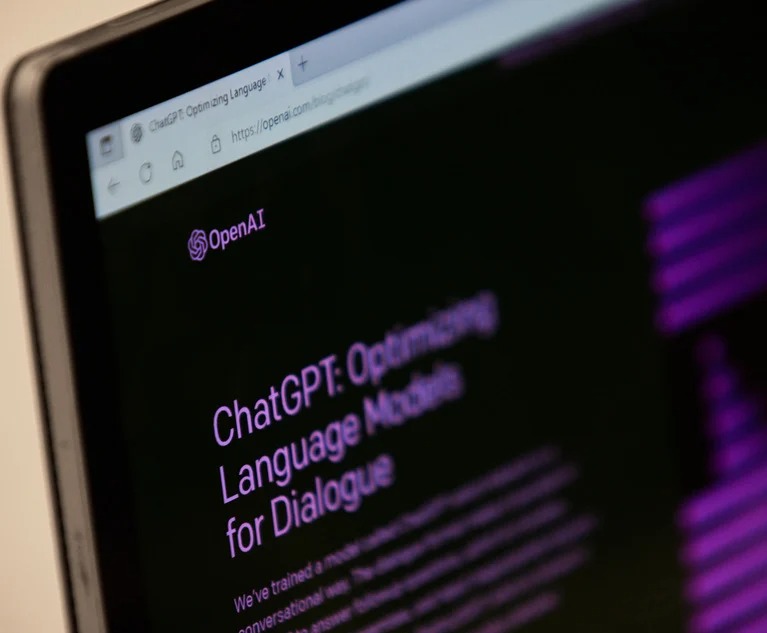Pulitzer Prize winners join 'nonfiction authors' lawsuit against OpenAI, Microsoft
The complaint accused OpenAI and Microsoft of exploiting “the elements of protectable expression” in copyrighted works, including “the choice and order of words and sentences, syntax, flow, themes, and paragraph and story structure, as well as the arrangement and organization of facts"

A group of nonfiction writers, including three who have won US Pulitzer Prizes for their work, joined author Julian Sancton in filing an amended complaint in a copyright infringement suit against ChatGPT developer OpenAI and Microsoft on Tuesday.
Political writer Jonathan Alter, civil rights historian Taylor Branch and New Yorker staff writer and author Jia Tolentino joined eight other authors and Sancton, the original plaintiff, in the proposed class action suit, which accuses OpenAI and Microsoft of pretending “as if the laws protecting copyright do not exist.”
“Our clients have created some of the most significant and influential nonfiction books of the last 50 years,” the attorneys said in a statement. “We are proud to help them take a stand on behalf of authors everywhere against OpenAI and Microsoft’s unlicensed use of these creative works. The Defendants will rake in billions from their unauthorized use of nonfiction books, and the authors of these books deserve fair compensation and treatment for it.”
In the complaint, the attorneys argued that “[t]he basis of the OpenAI platform is nothing less than the rampant theft of copyrighted works.”
“Defendants have made commercial reproductions of millions, possibly billions, of copyrighted works without any compensation to authors, without a license, and without permission,” they wrote. “In doing so, they have infringed on the exclusive rights of Plaintiffs and other writers and rightsholders whose work has been copied and appropriated to train their artificial intelligence models.”
In the course of creating three Pulitzer Prize-winning works and more than 30 New York Times bestsellers, the plaintiffs have “dedicated decades of their lives and substantial sums to researching, honing, writing, and perfecting their works,” the attorneys noted.
“Such an investment of time and money is feasible for Plaintiffs and other writers because, in exchange for their creative work, the Copyright Act grants them ‘a bundle of exclusive rights’ in their works, including ‘the rights to reproduce the copyrighted work[s],’” they wrote.
The complaint accused OpenAI and Microsoft of exploiting “the elements of protectable expression” in copyrighted works, including “the choice and order of words and sentences, syntax, flow, themes, and paragraph and story structure, as well as the arrangement and organization of facts.”
“Defendants copied and data-mined the works of writers, without permission or compensation, to build a machine that is capable (or, as technology advances, will soon be capable) of performing the same type of work for which these writers would be paid,” the attorneys argued. “Without the wide corpus of copyrighted material on which to feed, there would be no ChatGPT.”
The suit has been formally designated as “related” to a September lawsuit filed by a group of fiction writers and The Authors Guild, a professional organization for writers, against OpenAI and later, in a separate amended complaint, against Microsoft.
The U.S. District Judge overseeing the case said he may consider consolidating the cases at some point in 2024.
During a status conference in early December, the judge said he understood that OpenAI plans to seek a transfer of the cases to the Northern District of California, where other proposed class action copyright suits against OpenAI are pending, or outright dismissal under the “first filed” rule.


